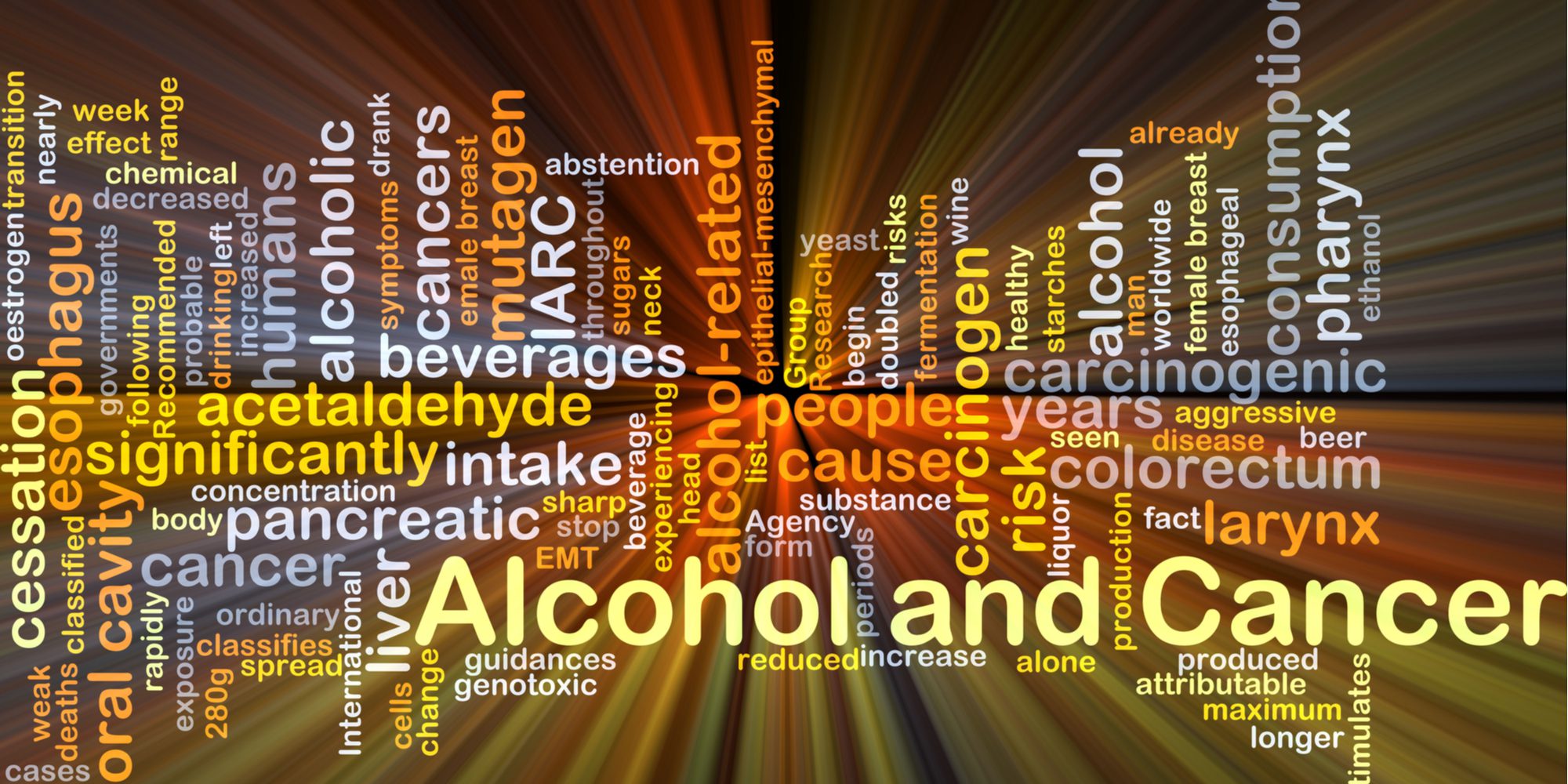The Sobering Truth: Why Women's Alcohol Consumption Is Worrying Doctors

Table of Contents
Increased Rates of Alcohol-Related Diseases in Women
Women experience the detrimental effects of alcohol differently than men, often facing a disproportionately higher risk of various diseases.
Liver Disease
Alcoholic liver disease (ALD) is increasingly prevalent among women. Due to factors like lower body water content and differing enzyme activity levels, women metabolize alcohol less efficiently than men, making them more susceptible to liver damage even with moderate consumption. Statistics show that women develop ALD at a faster rate and with less overall alcohol exposure than men. This highlights the urgent need for increased awareness surrounding women's alcohol consumption and liver health.
Cardiovascular Issues
Excessive alcohol consumption significantly increases the risk of heart disease, stroke, and high blood pressure in women. Studies show a direct correlation between heavy drinking and an increased risk of cardiovascular events, including fatal heart attacks. The impact is further exacerbated by other risk factors like smoking and family history, emphasizing the complexity of this issue for women.
Mental Health Problems
A strong link exists between alcohol abuse and a heightened risk of anxiety, depression, and other mental health disorders in women. Alcohol can worsen pre-existing conditions, creating a dangerous cycle of self-medication and further mental health decline. Furthermore, the societal pressures faced by women often contribute to the use of alcohol as a coping mechanism, leading to a vicious cycle of dependence.
- Higher risk of breast cancer
- Increased risk of osteoporosis
- Greater susceptibility to alcohol poisoning
- Increased risk of certain types of dementia
Unique Physiological and Social Factors Affecting Women
The increased vulnerability of women to alcohol-related harm is not solely a matter of biology; societal factors play a crucial role.
Hormonal Influences
Hormonal fluctuations throughout a woman's life – menstruation, pregnancy, menopause – significantly influence alcohol metabolism and increase vulnerability to its harmful effects. Lower levels of alcohol dehydrogenase, an enzyme that breaks down alcohol, mean women become intoxicated more quickly and experience more severe consequences. Pregnancy is particularly concerning, with even moderate alcohol consumption posing a risk of fetal alcohol spectrum disorders (FASDs).
Societal Expectations and Pressure
Societal norms and expectations contribute significantly to women's increased alcohol consumption. The pressure to conform to idealized images of femininity often involves alcohol consumption as a means of fitting in socially or "relaxing" after demanding work-life balances. This societal pressure can normalize and even encourage excessive drinking among women.
Underdiagnosis and Underreporting
Women's alcohol problems are often under-recognized and undertreated by healthcare professionals. This can be attributed to societal stigma, differing presentations of symptoms, and a lack of awareness among medical professionals about the specific challenges women face with alcohol dependence. The result is delayed intervention and a worsening of health outcomes.
- Pressure to conform to social norms
- Stress related to work-life balance
- Use of alcohol as a coping mechanism
- Fear of judgment or stigma
Consequences and Long-Term Health Risks
The consequences of excessive alcohol consumption for women extend far beyond immediate health issues, impacting long-term well-being and relationships.
Fertility Issues
Excessive alcohol consumption negatively impacts fertility and pregnancy outcomes. High alcohol intake can lead to irregular menstrual cycles, difficulty conceiving, and increased risks of miscarriage and premature birth. As previously mentioned, FASDs represent a significant and irreversible consequence of alcohol exposure during pregnancy.
Cancer Risk
High alcohol intake significantly elevates the risk of various cancers in women, most notably breast cancer. Studies consistently show a strong association between heavy drinking and a dramatically increased risk of developing this life-threatening disease.
Impact on Relationships and Family
Alcohol abuse impacts not only the woman herself but also her relationships and family. The strain on family dynamics, financial difficulties, and emotional distress associated with alcohol dependence can lead to significant relational problems and family breakdown.
- Increased risk of dementia
- Weakened immune system
- Adverse effects on sleep
- Increased risk of certain types of liver cancer
Conclusion: Addressing the Sobering Reality of Women's Alcohol Consumption
The alarming rise in women's alcohol consumption presents a serious public health challenge. The unique physiological and social factors affecting women necessitate a tailored approach to prevention and treatment. The statistics presented highlight the increased risk of liver disease, cardiovascular problems, mental health issues, and various cancers. It's crucial to understand that even seemingly moderate drinking habits can have severe long-term consequences for women's health.
If you or someone you know is struggling with alcohol consumption, please seek help. Numerous resources are available, including support groups like Alcoholics Anonymous (AA) and helplines dedicated to addressing alcohol abuse in women. Understanding and addressing the unique challenges surrounding women's drinking habits is essential for improving their health and well-being. Let's work together to spread awareness about this critical issue and support those who need help overcoming the challenges of women's alcohol consumption.

Featured Posts
-
 Giant Sea Wall Ahy Sampaikan Informasi Terbaru Mengenai Proyek
May 16, 2025
Giant Sea Wall Ahy Sampaikan Informasi Terbaru Mengenai Proyek
May 16, 2025 -
 Rays Dominant Performance Secures Sweep Over Padres
May 16, 2025
Rays Dominant Performance Secures Sweep Over Padres
May 16, 2025 -
 Ukraina Pod Obstrelom Rossiya Zapustila Svyshe 200 Raket I Bespilotnikov
May 16, 2025
Ukraina Pod Obstrelom Rossiya Zapustila Svyshe 200 Raket I Bespilotnikov
May 16, 2025 -
 Olimpia Golea A Penarol Resultado Final 2 0 Resumen Y Goles
May 16, 2025
Olimpia Golea A Penarol Resultado Final 2 0 Resumen Y Goles
May 16, 2025 -
 Ver Roma Monza En Directo Guia Completa Para Seguir El Partido
May 16, 2025
Ver Roma Monza En Directo Guia Completa Para Seguir El Partido
May 16, 2025
